Modernize your IT landscape and unlock new possibilities with secure cloud platforms.
Transform your operations to be more resilient, efficient, and future-ready.
We guide your unique path to the cloud, from initial strategy and seamless migration to ongoing optimization. Our partnership ensures you unlock scalability, enhance resilience, and drive innovation at every stage. We help you navigate the journey with confidence, transforming your operations for a future-ready business.
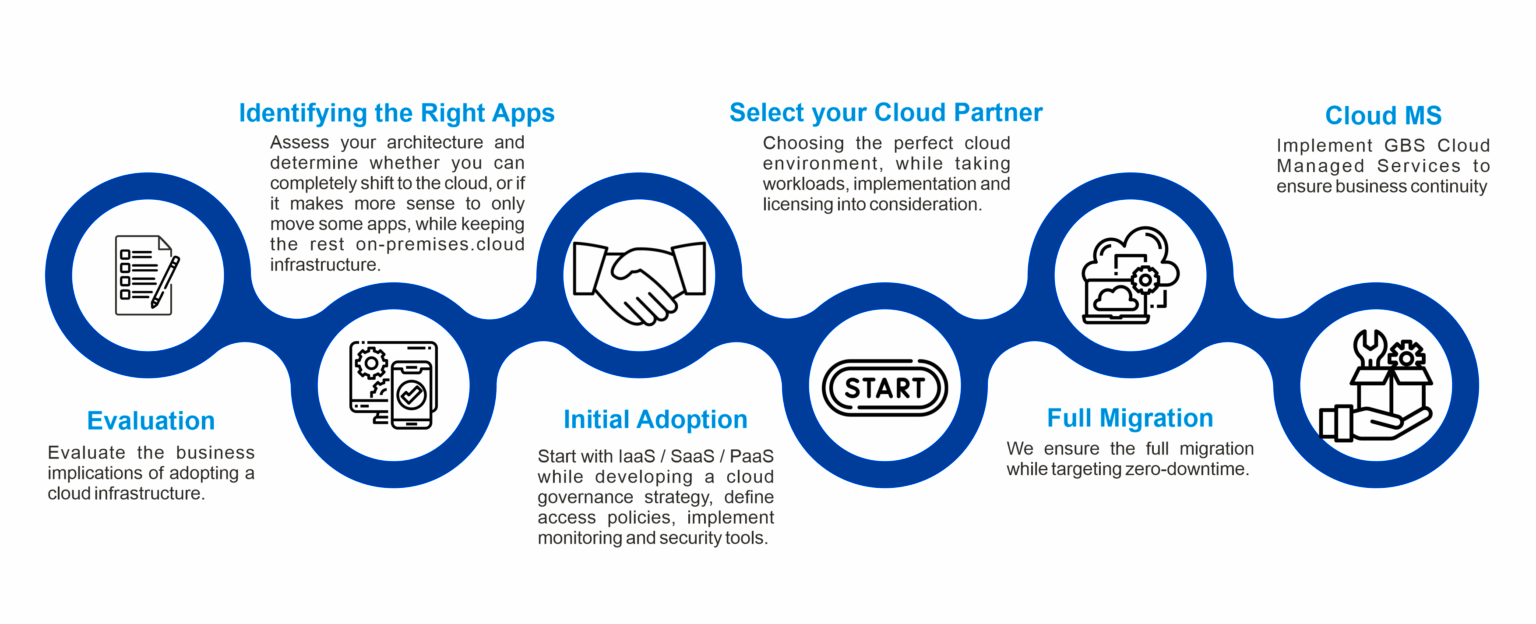
Avoid the expense and complexity of buying and managing your own servers with an instant computing infrastructure. Scale up and down with demand and pay only for what you use.
Achieve distinct IT outcomes with flexibility and scalability of your software requirements for greater security, availability, faster service delivery and lower costs.
Extend the power of your desktop and application virtualization to support workplace mobility while driving greater levels of operational efficiency at lower costs.
Cloud Solutions help businesses gain flexibility and scalability. GBS extends deep-rooted expertise across several industries, with proven methods and a broad set of solutions to help you discover, migrate, manage and secure your multi cloud environment. We provide you with application modernization to accelerate your cloud journey.
GBS provides an end-to-end solution to accelerate and automate modernization activities. We help you modernize your application portfolio based on APIs, micro services, containers and DevOps for faster time to market, improved user experience and optimized cost.
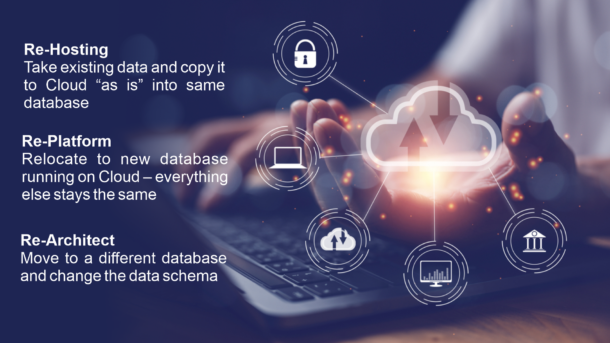
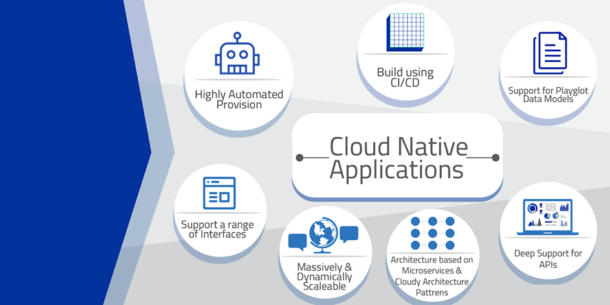
Cloud Native refers to the concept of building and running applications to take advantage of the distributed computing offered by the cloud delivery model. GBS provides Cloud native apps that are designed and built to exploit the scale, elasticity, resiliency and flexibility which the cloud provides. Cloud native solutions offered by GBS will empower your organization to build and run scalable applications in public, private and hybrid clouds. Modern cloud native architecture enables loosely coupled systems that are resilient, manageable and observable.
With Cloud Data Warehousing, you are no longer limited by physical data centers and can now dynamically control your data warehouses to rapidly meet changing business budgets and requirements.
Similar to a traditional data warehouse, a cloud data warehouse stores information from a variety of disparate data sources such as IoT, CRM, finance systems, etc.
Since the data in a cloud-based data warehouse is highly structured and unified, it’s ready to support a wide variety of specific business intelligence.

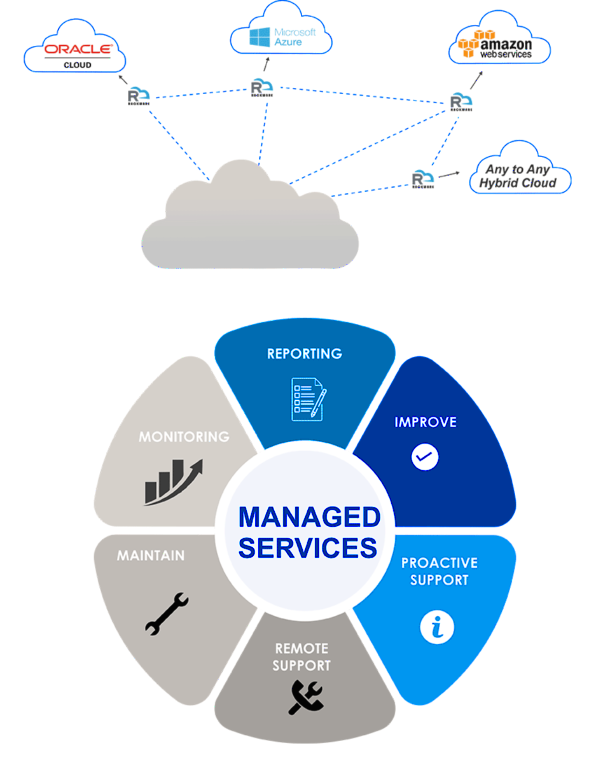
The shortest downtime due to a data breach or hack can have catastrophic consequences. Ensure that you are up and running in a matter of seconds with GBS Disaster recovery as a service (DRaaS), This cloud computing service model allows an organization to back up its data and IT infrastructure in a third party cloud computing environment and provide all the DR orchestration, through a SaaS solution to regain access and functionality to IT infrastructure after a disaster.
The “as-a-service” model description means that the organization itself doesn’t have to own all the resources or handle all the management for disaster recovery, but can instead rely on the service provider. Disaster recovery planning is critical to business continuity. Many disasters that have the potential to wreak havoc on an IT organization have become more frequent in recent years:
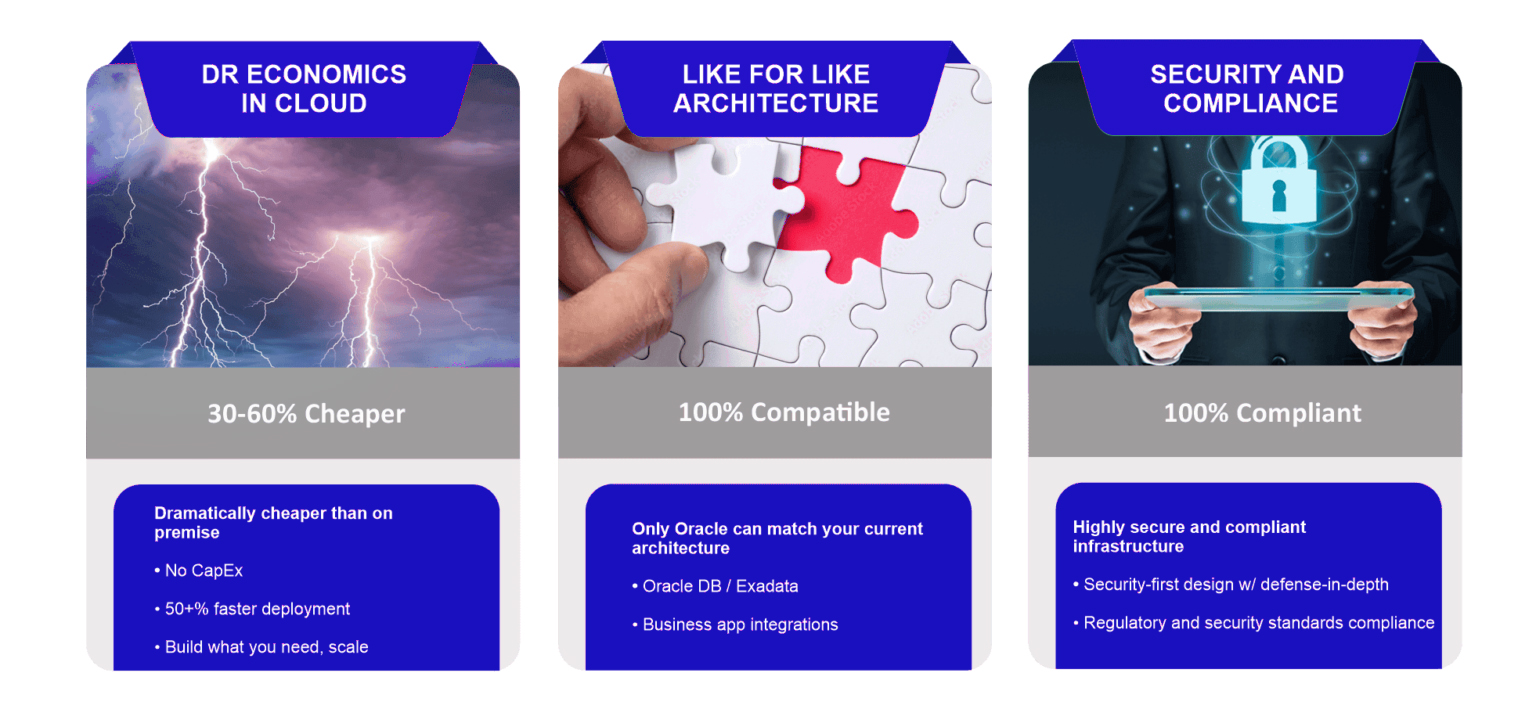
Your data, applications and the infrastructure of your network that uses the cloud will be covered by everything from standard software to a fully-integrated managed solution.


If a shutdown is the only solution to stop an information breach, have the peace of mind knowing that your replicated data solution protects your business interests.
Online backup service, also known as cloud backup or backup as a service (BaaS), is a method of offsite data storage in which files, folders, or the entire contents of a hard drive are regularly backed up by a service vendor to a remote secure cloud-based data repository over a network connection. The purpose of online backup is simple and straightforward: to protect information – whether it’s business data or personal – from the risk of loss associated with user error, hacking, or any other kind of technological disaster.
Minimize operating costs of business email with zero commitments for infrastructure, hardware or licenses. Minimal ongoing IT costs mean returns are immediate.
Cloud email offers you robust email tools and gives you access over the internet. With cloud-based email hosting, a vendor serves your email client and represents like any other cloud-based service you already use. Think of a movie-streaming service you pay for but instead designed to help you communicate and run your business.
Convenience: Gives you access to your messages via any connected device as long as you have internet access and a connected device.
Cost: An in-house email server might seem like a cost-effective way to get the services you need, but when you take a step back, you’ll realize just how expensive it can be. Not only do you have to account for the cost of the server itself, but you’ll also have to purchase an operating system and email platform, as well as the rack, while paying for electricity, cooling and staff to support it.
Up-to-date security: Most large email providers have made cloud computing security their number one priority. With the most modern tools available, a team of security experts and far-reaching protocols in place to protect their clients, you’re likely far more protected with a cloud-based email hosting service than you would be if you had to rely on one of your staffers to keep your email server up to date.
Scalability: Scalability will be easy as your company grows. This gives your team more time to focus on maintaining quality during your growth spurt.
Easier disaster recovery: If your email server becomes infected, recovering lost data can be difficult. An email cloud platform has redundancy built-in. That means you can recover your messages, contacts and any data stored within your email system quickly and easily.



